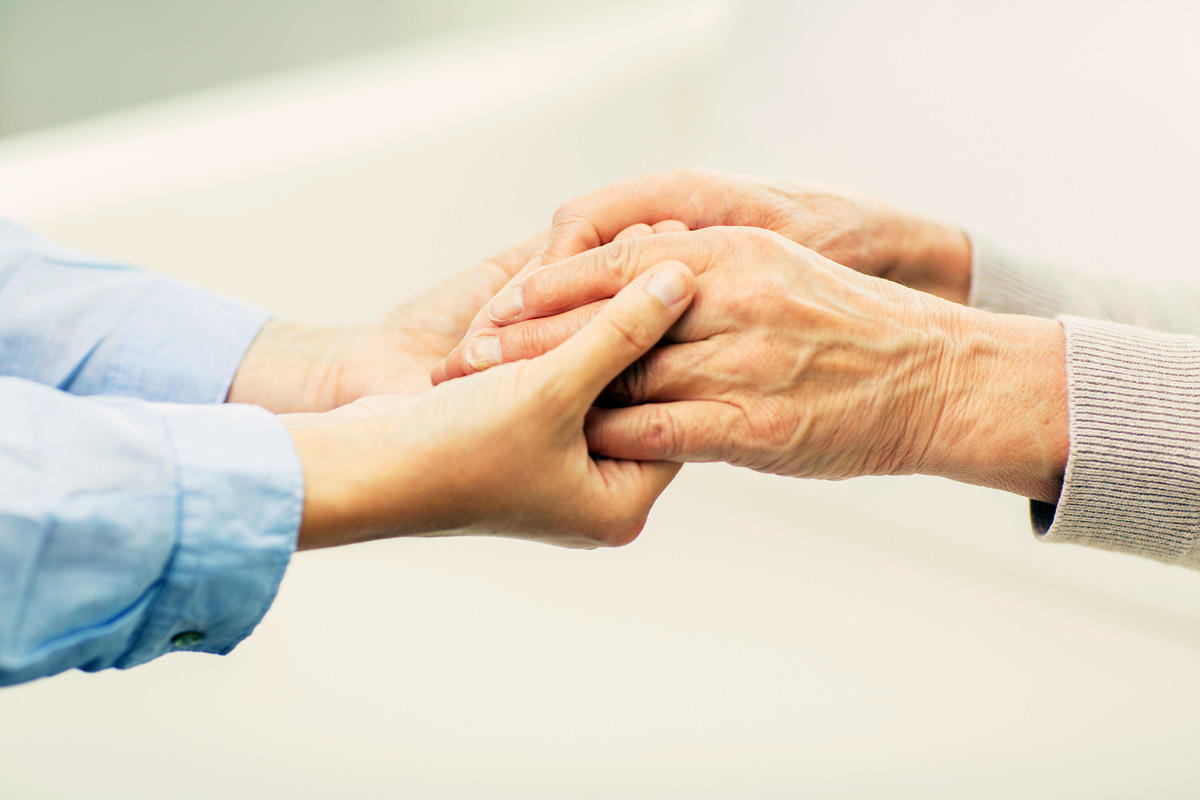Social Work Students Take on Finland
The Global Conference on Social Work gives LAU students a different perspective of the profession’s structure and importance.
Students of the Social Work and Community Development undergraduate program had the opportunity recently to meet with their counterparts from around the world at the Global Conference on Social Work, which took place in the Finnish region of Lapland.
The event, organized by the University of Pennsylvania and the University of Lapland, gathered around 150 participants from Germany, Austria, the US, the UK, Hong Kong, the Philippines, India, Nigeria, Lebanon and Finland, among others. Participants gave presentations on social work and structure in their countries, while also addressing pressing social problems and challenges they face as social workers, said LAU Visiting Professor of Social Work Dr. Michele Kelly, who accompanied the students.
“There were a lot of activities. The students went to Lapland, and then to Helsinki for several days. It was a week-long program to see how their social services are structured. Finland embraces the Nordic model of social welfare provision. Thus, it is comprehensive where virtually all social needs are met by the state,” she said.
In her presentation, Dr. Kelly tackled the structure of social welfare in Lebanon and the challenges of professionalizing social work, while the students expounded on the refugee situation in Lebanon. “Their presentations focused on social work as a profession and how, in that capacity, it should respond to this global problem.”
Senior student Petra Chamaa described the experience as “amazing”. “We met a lot of new people and were introduced to how social work is practiced in different parts of the world, and the major problems other countries are facing when it comes to issues that social workers can be involved in,” she said.
Inevitably, the students drew comparisons between the social structure in Finland and that in Lebanon. The most striking difference, Chamaa said, is that it is the non-governmental organizations who take the responsibility of “providing basic services” here, and not the government as is the case in other countries.
“Also, multiple countries talked about how one of the rising problems at the moment is that of the refugees and how different countries are approaching it differently,” she added.
For Reem Al Bitar, the conference offered a “magnified picture” of social work and how it is perceived differently worldwide.The presentations gave her “deeper insight” into the services that social work can provide at schools, to refugees, the protection of children against abuse, the empowerment of women and on issues related to civil crises.
“I learned about the diversity of the profession and its impact in different fields. More importantly, I came to realize how much Lebanon needs social workers and what services they have to offer,” she said.
While Lebanon has a long way to go in terms of social services, Bitar noted, “this exposure will help us as future social workers to improve the domain in the country, taking the experiences of others and making them ours based on the needs specific to Lebanon.”
She said that, in addition to seminars, the program included multicultural activities such as the international evening “where we were introduced to different traditional dances, cultures, languages and beliefs.”
“This workshop has offered me the opportunity to meet new people who became friends,” said Darine Abu Saad.
The event included two international nights during which team Lebanon taught the audience a number of words in Arabic and demonstrated the traditional dabkeh. On the second night, the team prepared a traditional Lebanese dinner.
In addition to experiencing 24 hours of sunlight, the students went on a hike to Ounasvaara, the Arktikum Museum, Husky Park, crossed the Arctic Circle, and finally visited the Santa Claus Village in Rovaniemi.
